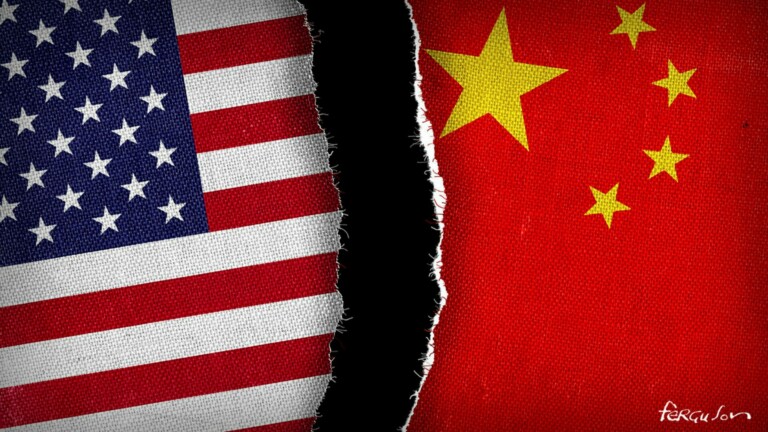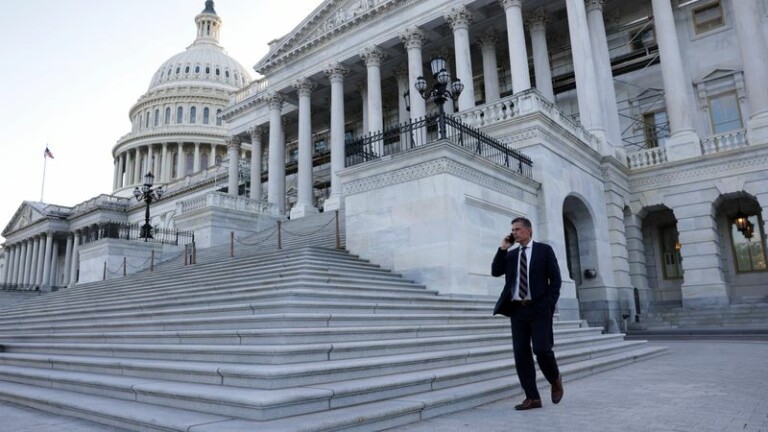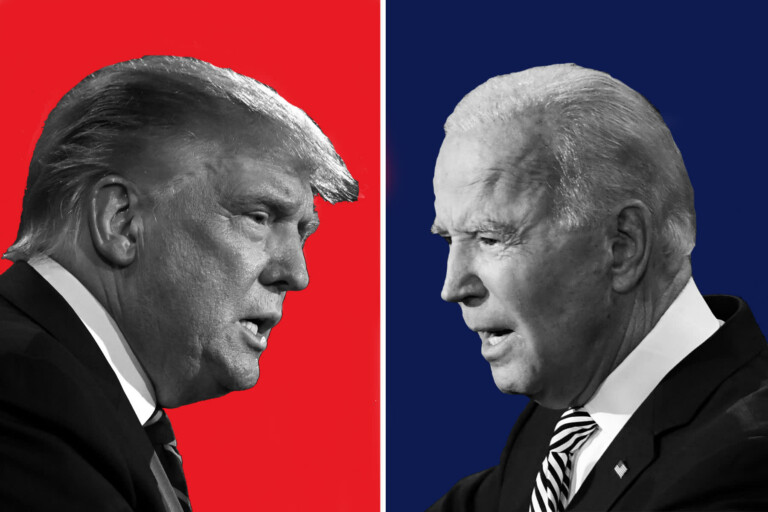The U.S. Food and Drug Administration (FDA) on Monday approved a new drug to protect babies and toddlers from Respiratory Syncytial Virus (RSV).
The drug, named Beyfortus, is a monoclonal antibody with activity against RSV. It is approved to use in neonates and infants born during or entering their first RSV season, and in children up to 24 months of age who remain vulnerable to severe RSV disease through their second RSV season, the FDA said in a release.
“RSV can cause serious disease in infants and some children and results in a large number of emergency department and physician office visits each year,” said John Farley, director of the Office of Infectious Diseases in the FDA’s Center for Drug Evaluation and Research.
“Today’s approval addresses the great need for products to help reduce the impact of RSV disease on children, families and the health care system,” Farley said.
RSV is a virus that causes acute respiratory infection in individuals of all age groups. While most infants and young children experience mild, cold-like symptoms, some infants, especially with their first infection, develop lower respiratory tract disease such as pneumonia and bronchiolitis.
Approximately 1 to 3 percent of children under 12 months of age in the United States are hospitalized each year due to RSV, according to the American Academy of Pediatrics.







